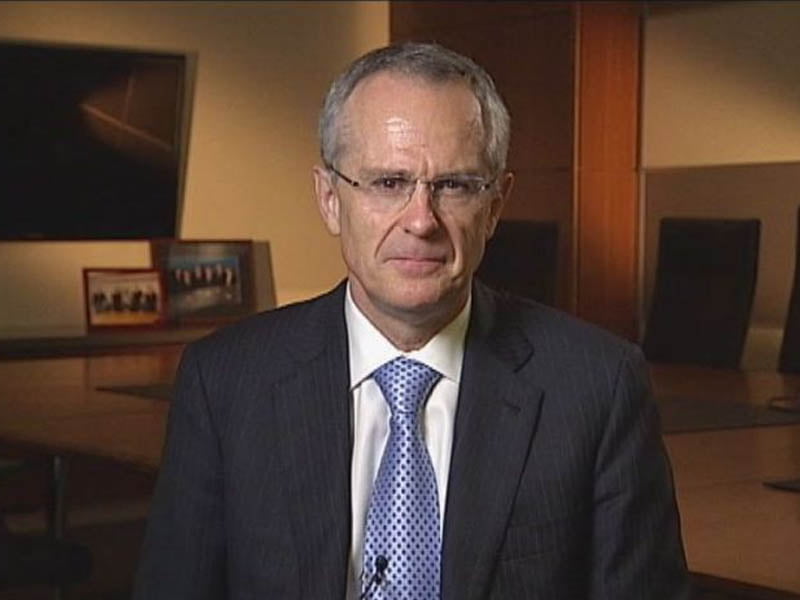The federal government is quietly planning to delay responding to the competition watchdog’s landmark digital platforms inquiry until the new year, a move the opposition claims will damage the local tech sector by “perpetuating an environment of uncertainty.”
The government had promised to respond to the Australian Competition and Consumer Commission’s (ACCC) report on the market dominance of digital platforms like Facebook and Google by the end of the year.
The much-anticipated response was to have outlined which of the 23 “significant” recommendations from the report would be adopted and implemented by the government.

But with this deadline fast approaching and the report and the government’s response yet to be discussed by Cabinet, the government has all but admitted it won’t meet its own timeline.
Treasury, which is running consultations on the report, has repeatedly declined to confirm when the response would be released.
“The government released the ACCC’s digital platforms report for consultation on 1 August 2019. The consultation process ended in late October and since then the government has been working on finalising its response,” Treasurer Josh Frydenberg told InnovationAus in a statement.
“Once finalised, the government will release its response which will ensure that our regulatory framework is fit-for-purpose in the digital age,” he said.
The government has not yet released submissions it has received on the final report, despite this consultation process wrapping up nearly three months ago.
Numerous submittors had expected these submissions to be publicly released months ago, and have instead been forced to release them independently.
Shadow innovation minister Clare O’Neil said the ACCC report was a “really important piece of work” that addressed “some of the critical regulatory issues of our time”.
“But since the report was delivered, the government has hardly mentioned it. Now the government appears set to break the promise they made by failing to respond to the inquiry before Christmas,” Ms O’Neil told InnovationAus.
“The government are treating this like a second order issue, as if it doesn’t really matter if or when they get around to responding to these challenging questions,” she said.
“The reality is that issues to do with digital platforms – issues around data, privacy, consumer protection and competition – are actually really worrying for Australian families and the community who would love to see some leadership from their government on these issues.”
The government’s delay in announcing its response to the inquiry is damaging the local tech sector, Ms O’Neil said.
“By further delaying their response to the inquiry, the government is perpetuating an environment of uncertainty for the tech sector, for players large and small,” she said.
“This is an area of our economy which has huge potential to create high-skill, high-wage jobs and drive productivity and growth,” she said.
“But that potential won’t be realised while the government squibs their responsibility to get the regulatory settings right.”
The digital platforms report was publicly released by the government in late July. Treasury then embarked on a 12-week consultation period, split in two halves: the first for public submissions, and the rest consisting of targeted consultation meetings.
The ACCC report included 23 recommendations for “significant, holistic reform” in order to curb the market dominance of the likes of Facebook and Google. These included changes to competition law, consumer protection, media regulation, privacy laws and merger rules.
When tabling the report, the Coalition agreed to the overall need for reform, but has been largely silent on the issue since.
ACCC chair Rod Sims has said the pressure must be maintained on the tech giants to ensure there is productive change, with the competition watchdog launching a series of legal challenges against a number of tech firms.
The Coalition has received significant pressure from the tech companies, which have criticised the ACCC, saying it went beyond its remit in the final report and that its recommendations would lead to “unintended consequences”.
The large tech companies took particular issue with recommendations for changes to merger laws, strengthening of data protection regulations, changes to privacy law and new codes of conduct for digital platforms.
Do you know more? Contact James Riley via Email.

